Premium Only Content
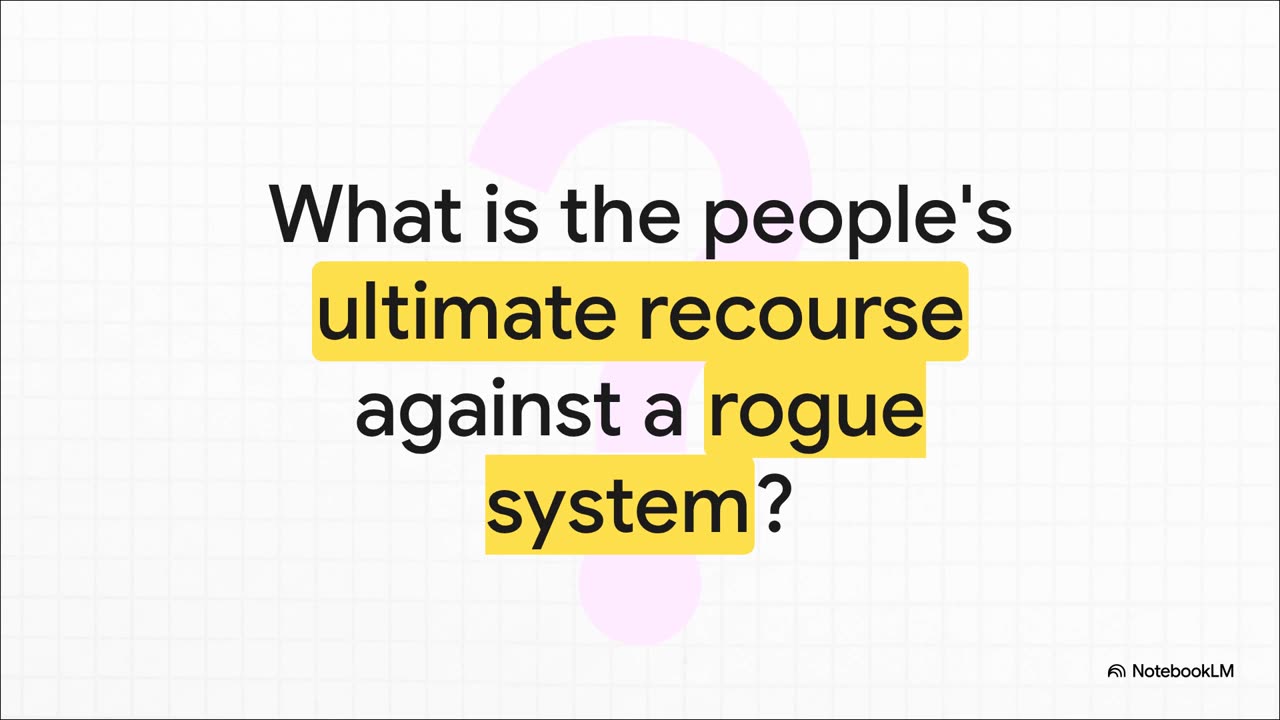
Learn The Constitution: Operation Firewall
Learn The Constitution: Operation Firewall
Analytical Report on Systemic Corruption and Constitutional Overreach in the American Legal System: Mandate for Immediate Abolition of Judicial Usurpation and Maladministration 1.0 The Crisis of Usurpation: An Introduction The American legal system faces not a mere procedural breakdown, but a full-scale constitutional crisis: a silent coup executed not by arms, but by institutional deceit. For generations, a professional class unaccountable to the people has gradually dismantled the architecture of constitutional justice. In its place stands a bureaucratic oligarchy that no longer serves its rightful sovereigns the people but protects its own power. This is not reformable error; it is deliberate usurpation. Civil government, as declared in foundational charters such as the Massachusetts Constitution of 1780, exists solely "for the common good… and not for the profit or emolument of those who administer it." The judiciary is no exception. Its sole legitimate purpose is to secure the rights of the people and declare the law as written not to invent new doctrines, bend to political interests, or serve institutional convenience. In a free republic, all authority is delegated, not inherent. Any exercise of power not derived explicitly from the people is treason against popular sovereignty. When courts reinterpret laws beyond their text, disregard natural rights, or align with executive power against individual liberty, they do not err they rebel. As Montesquieu warned in The Spirit of Laws, liberty is lost "when the legislative and executive powers are united in the same person, or in the same body of magistrates" (Book XI, Ch. 6). Thus, where judicial power exceeds its constitutional bounds, the people possess not only the right but the duty to intervene. The Declaration of Independence still binding as a statement of American political theology confirms that "whenever any Form of Government becomes destructive of these ends, it is the Right of the People to alter or to abolish it." We affirm: the judiciary’s only lawful function is to declare what the law is, not what it ought to be, and only when consistent with the law of God, the laws of nature, and the written constitutions of the states and the union. Any deviation is a breach of the judicial oath and a usurpation of authority. As State v. Post (1845) reminds us, courts are bound to “declare the law, not to make it.” In this hierarchy of authority, the natural law stands first, followed by constitutional enactments, and only then statutory law. As Thomas Cooley observed, "[r]ights can be abridged only by due process of law… meaning in full accordance with the settled maxims and usages of the common law." This is no rhetorical flourish. When the state abandons this order, every abuse becomes not only a rights violation but grounds for removal of the offending officials judges, clerks, prosecutors, or executive officers
Thomas Jefferson, channeling the unalienable sovereignty of the people, warned that “the judiciary, independent of the will of the nation, is a despotism.” In that spirit, the people retain the right to restore lawful government when every other avenue is exhausted. 1.1 The Indictment: Exposing the Four Pillars of Illegitimacy To restore the rule of law, we must first deconstruct the illegitimate framework that has replaced it. The modern legal crisis rests upon four specific, systemic usurpations of power that have corrupted the very meaning of justice. The following four pillars form the foundation of this indictment, each a direct charge exposing a fatal deviation from constitutional principles and the original intent of the Framers. 2.0 Pillar One, The Usurpation of Counsel: The Fallacy of the Bar The Sixth Amendment is a model of clarity: “In all criminal prosecutions, the accused shall enjoy the right… to have the Assistance of Counsel for his defence.” The text says “Counsel,” not “attorney.” It specifies no requirement for a bar license, government approval, or membership in a professional guild. The Framers understood “counsel” in its original, unadorned sense. Sir William Blackstone, the preeminent legal authority of their time, wrote that “counsel here means a privy adviser, not a sworn officer.” Sir Edward Coke, another giant of English law, confirmed in 1628 that counsel are simply “persons admitted to assist the prisoner” admitted by the choice of the accused, not by the state. This original understanding has been consistently affirmed by leading American thinkers. James Madison warned that adhering to the Constitution’s original meaning is the “only legitimate construction.” Abraham Lincoln practiced law based on reputation and self-study, not a bar card. Clarence Darrow, one of history’s most celebrated defense advocates, built his career outside the confines of mandatory licensing. The modern requirement that counsel be a bar-admitted “officer of the court” creates an irreconcilable conflict of interest, a reality the Supreme Court has repeatedly acknowledged, yet never resolved in favor of the client. Thomas Cooley, in his Constitutional Limitations (1890, p. 330), exposes the inherent contradiction: “These persons, before entering upon their employment, were to take an oath of fidelity to the courts, whose officers they were, and to their clients, and it was their special duty to see that no wrong was done to their clients, by means of false or partial witnesses, or through the perversion or misapplication of law by the court.” Yet, Cooley reveals the fatal flaw: “Strangely enough, however, the aid of this profession was denied in the very cases when it was needed most, and it has caused a long struggle, continuing even into the present century, to rid the English criminal law of one of its most horrible features. In civil causes and on charges for misdemeanor, the parties were entitled to the aid of counsel in eliciting the facts and in presenting both the facts and the law to the court and the jury. But when the government charged a party with treason or felony, he was denied this privilege. Only such legal questions as he could suggest would counsel be allowed to argue for him, and this is but a poor privilege to one who is himself unlearned in the law, and who, as he cannot fail to perceive the monstrous injustice of the whole proceeding, will be quite likely to accept any perversion of the law that occurs in the course of it as quite regular, because entirely in the spirit that denies
him a defense. Only after the Revolution of 1688 was a full defense allowed in trials for treason, and not until 1836 was the same privilege extended to persons accused of other felonies.” Cooley further underscores the moral and constitutional imperative: “With us, it is a universal principle of constitutional law that the prisoner shall be allowed a defense by counsel. The humanity of the law has generally provided that when a prisoner is unable to employ counsel, the court may designate someone to defend him, who shall be paid by the government. There were no such provisions made as to the duty which counsel so designated owes to his profession, to the court engaged in the trial, and to the cause of justice, not to withhold his best exertions in the defense of one who has the double misfortune to be stricken by poverty and accused by crime. No one is at liberty to decline such an appointment. It is to be hoped that few would be disposed to do so” (Constitutional Limitations, p. 330). This duty, however, is undermined by the oath itself, which binds counsel to the court as its officer, creating a divided loyalty. Cooley condemns this betrayal: “No man is justified who defends even a just cause with the weapons of fraud and falsehood, and no man can excuse himself for accepting the confidence of the accused and then betraying it by a feeble and heartless defense.” The oath’s dual allegiance, to the court and to the client, creates a structural conflict. When counsel prioritizes fidelity to the judiciary over the accused, the Sixth Amendment’s guarantee is nullified. The bar’s licensing regime does not protect competence; it enforces compliance. As Cooley’s historical critique demonstrates, the English practice of denying counsel in the gravest cases was a deliberate suppression of justice, and the modern bar’s oath reinstates that suppression under the guise of professionalism. The right to counsel is not a state-granted privilege but a sovereign entitlement, immune to legislative or judicial abridgment. Any system that demands counsel swear allegiance to the court over the client transforms defense into complicity, rendering bar-admitted counsel constitutionally defective.
The four pillars of this illegitimate system are unconstitutional from foundation to rooftop. The time has come to deploy the singular solution, Operation Firewall, a constitutional solution designed for precisely this crisis.
Operation Firewall begins now. Let the courts return to their lawful design, the Constitution to its rightful supremacy, and the people to their sovereign station. The republic is not a noun. It is a verb. Respectfully submitted, The Government Accountability Commission (As part of Operation Firewall, on behalf of the Sovereign People)
Join the Weekly Video Call
constitutionhelp.com
-
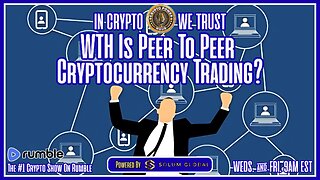 LIVE
LIVE
Crypto Power Hour
40 minutes agoWTH Is Peer To Peer CryptoCurrency Trading?
180 watching -
 1:11:31
1:11:31
JULIE GREEN MINISTRIES
2 hours agoLIVE WITH JULIE
40.5K101 -
 35:39
35:39
Producer Michael
16 hours agoROLLS-ROYCE SPECTRE TEST DRIVE GOES WRONG!
32.5K4 -
 15:42
15:42
Nicholas Bowling
15 hours ago $1.79 earnedCharlie’s MURDER Sparks COLLEGE STUDENTS to Boldly Preach the Gospel!
8.88K15 -
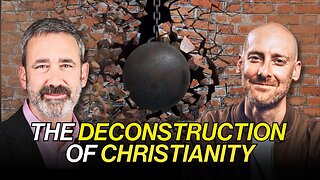 40:10
40:10
Uncommon Sense In Current Times
18 hours ago $1.52 earnedDeconstruction of Christianity | Tim Barnett on Truth, Faith & the Crisis in Today’s Church
22K2 -
 LIVE
LIVE
Total Horse Channel
12 hours ago2025 Quarter Horse Congress * Celeste Center * Wednesday October 1st
98 watching -
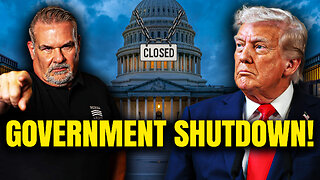 LIVE
LIVE
The Bubba Army
23 hours agoGOVERNMENT SHUTDOWN! - Bubba the Love Sponge® Show | 10/01/25
1,987 watching -
 7:22
7:22
Adam Does Movies
20 hours ago $0.69 earnedThe Smashing Machine - Movie Review
15.8K1 -
 5:15
5:15
Blackstone Griddles
14 hours agoCreamy Cajun Linguine with Bruce Mitchell on the Blackstone Griddle
21.9K1 -
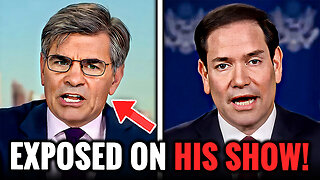 9:18
9:18
Freedom Frontline
18 hours agoMarco Rubio DESTROYS Stephanopoulos And Exposes USAID Scam
14.7K13